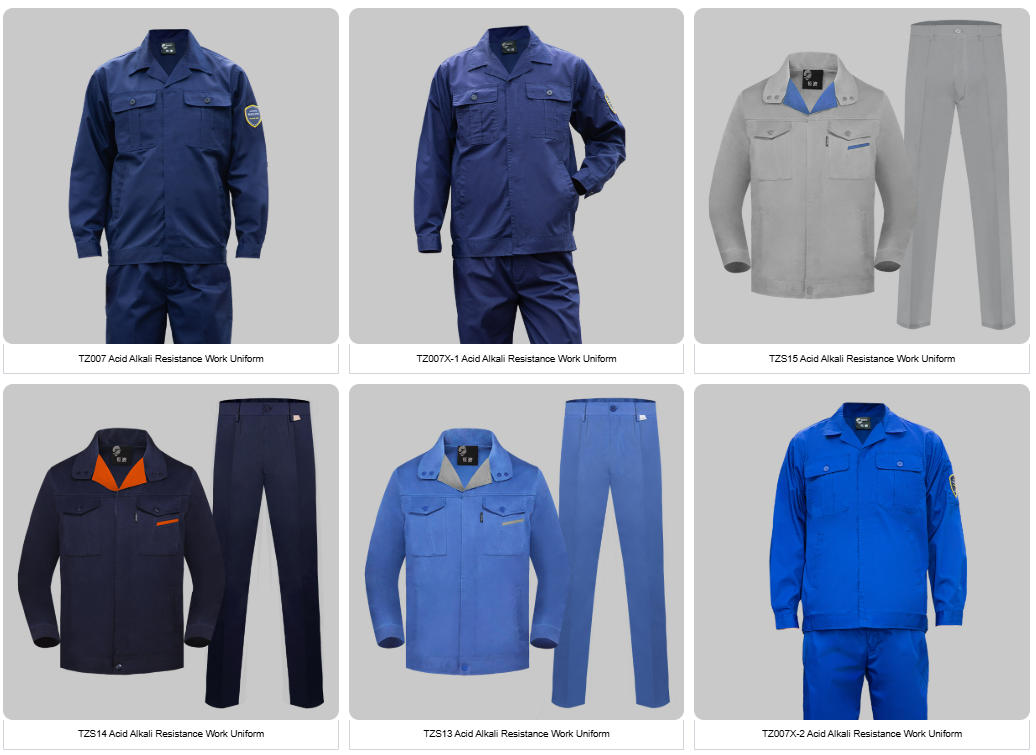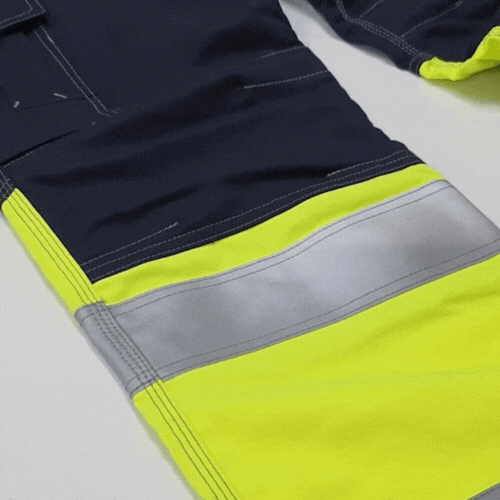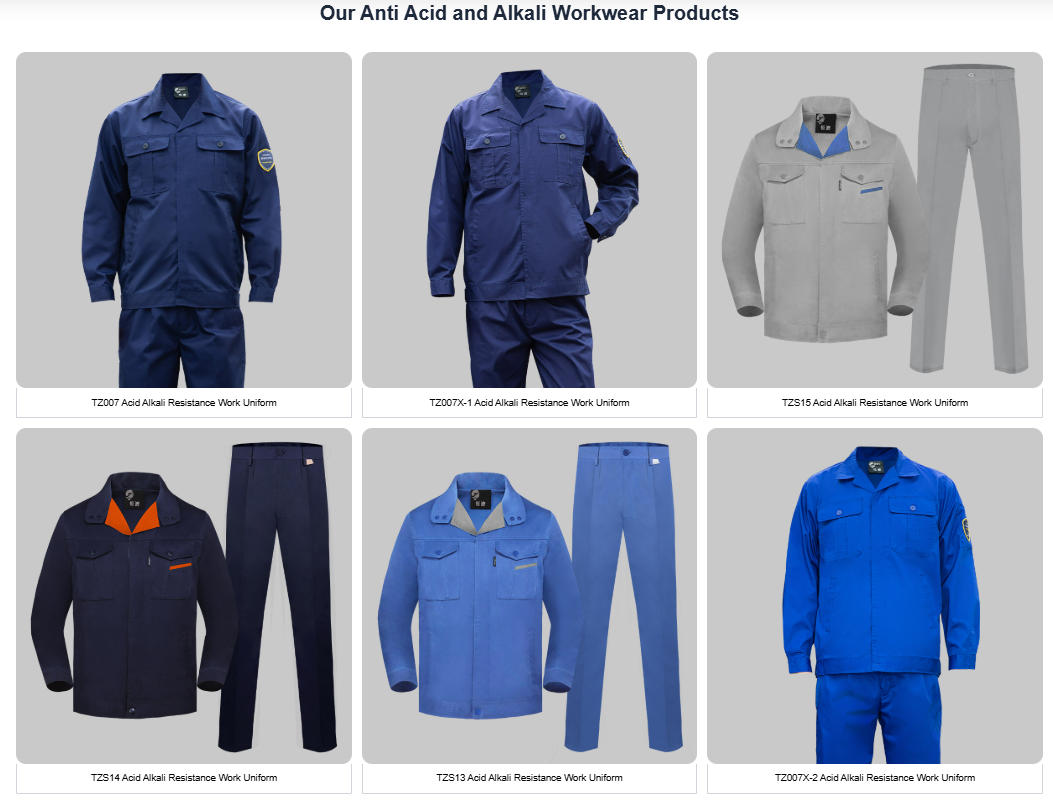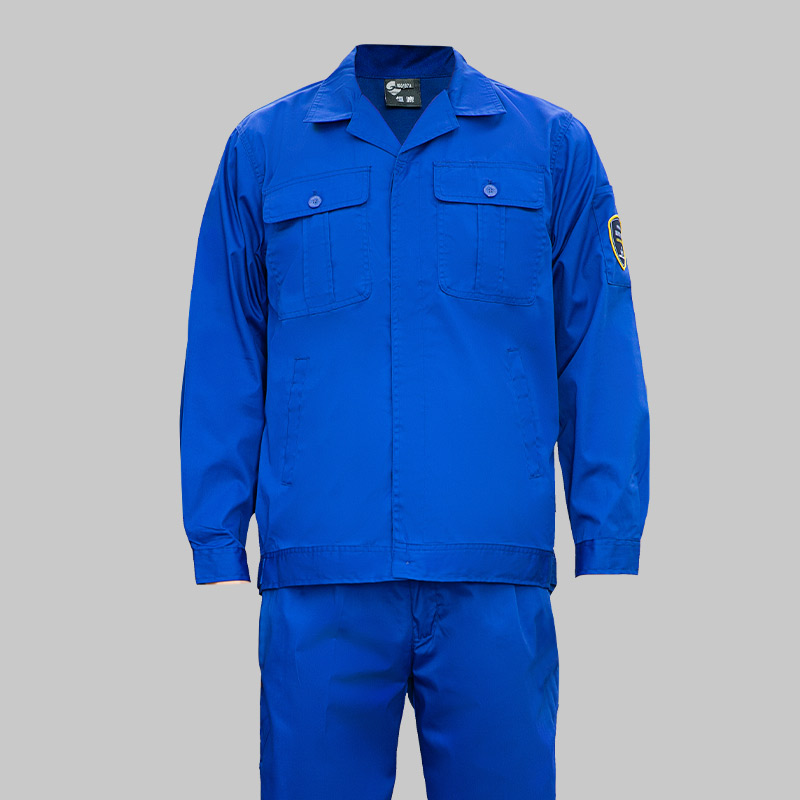Of course. Importing custom work uniforms from China is a strategic and common choice for Saudi Arabian businesses due to competitive pricing and manufacturing capacity. However, navigating the process requires understanding both international trade and local Saudi regulations.
Here is a comprehensive guide for a Saudi company.
Key Advantages for Saudi Companies
-
Cost-Effectiveness: Significant savings compared to local manufacturing or European imports.
-
Customization Capability: Chinese factories excel at producing large volumes with detailed custom logos, embroidery, and specific fabric requirements.
-
Variety: Access to a vast range of fabrics suitable for the Gulf climate (e.g., breathable, moisture-wicking).
-
Scalability: Factories can handle orders from hundreds to tens of thousands of units.
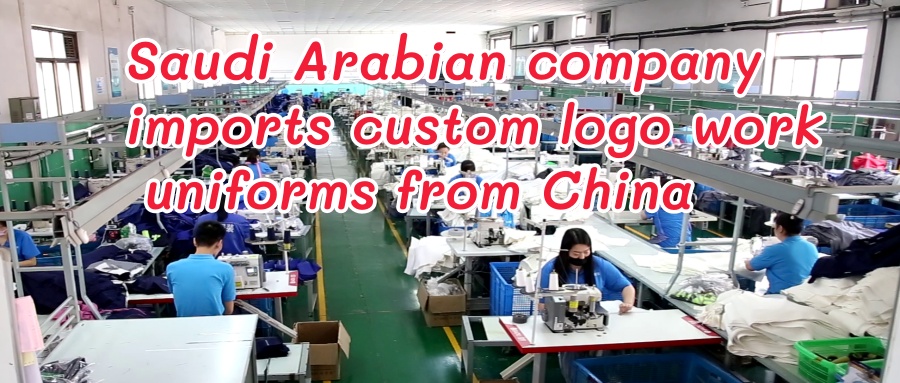
Step-by-Step Import Process
1. Define Your Requirements Clearly
-
Garment Type: Specify exactly what you need (e.g., coveralls, polo shirts, abayas, thobes, safety jackets, chef coats).
-
Design & Logos: Provide high-resolution vector files (AI, EPS) for your logo. Specify exact placement (chest, back, sleeve) and method (embroidery, printing, patch).
-
Fabric: Be specific about material composition (e.g., 65% polyester / 35% cotton, 100% cotton) and weight (e.g., 220gsm). Consider moisture-wicking and UV protection fabrics for outdoor work.
-
Sizing: Provide detailed size charts. Consider providing a sample in Saudi sizes for the factory to match.
-
Quantity: Determine your order volume. Minimum Order Quantities (MOQs) in China can range from 50-300 pieces per design.
2. Find and Vet Reliable Suppliers
-
B2B Platforms: Use Alibaba.com or Made-in-China.com. Look for suppliers assessed and verified by third parties (e.g., “Gold Supplier,” “SGS Certified”).
-
Communication: Evaluate their responsiveness and willingness to answer questions. English is commonly used.
-
Samples are Crucial: Always order a production sample before placing a bulk order. You will pay for the sample and shipping, but it is non-negotiable to check quality, fit, and logo execution.
3. Negotiate Terms and Finalize the Proforma Invoice (PI)
The supplier will issue a PI. Scrutinize it:
-
Unit Price: Negotiated price per uniform.
-
Total Value: Confirm the amount.
-
Shipping Terms (Incoterms):
-
FOB (Free On Board) Shanghai/Shenzhen: You pay for the goods loaded on the ship. You are responsible for the main sea freight, insurance, and all costs in Saudi Arabia. This is common and offers more control.
-
CIF (Cost, Insurance, Freight) Jeddah Islamic Port / King Abdulaziz Port Dammam: The supplier arranges and pays for sea freight and insurance to the port in Saudi Arabia. You are responsible for all import customs clearance, duties, and delivery from the port onward.
-
-
Payment Terms: Never pay 100% upfront. Standard terms are:
-
30% T/T (Wire Transfer) deposit to confirm the order.
-
70% T/T balance against a copy of the Bill of Lading before shipment.
-
-
Production Lead Time: Get a clear deadline.
4. Production and Quality Control
-
The factory produces the order.
-
Hire a Third-Party Inspection Company (Highly Recommended): Companies like SGS, Bureau Veritas, or Asia Inspection can conduct inspections during production and before shipment to ensure quality matches the sample. This is critical for large orders.
5. Shipping and Logistics to Saudi Arabia
-
Freight Forwarder: Hire a reputable freight forwarder in Saudi Arabia or one with a strong presence there (e.g., DB Schenker, Kuehne + Nagel, Al Jabri Group, Bahri Logistics). They will handle:
-
Booking sea freight space (most common for uniforms).
-
Customs clearance in Saudi Arabia.
-
Land transportation from the port to your warehouse.
-
-
Required Documents: Your supplier must provide:
-
Commercial Invoice
-
Packing List
-
Certificate of Origin (Usually needed)
-
Bill of Lading
-
6. Import Customs Clearance in Saudi Arabia
Your freight forwarder/customs broker will manage this, but you must provide the necessary documentation and payments. Key requirements:
-
Iqama (Commercial Registration) Copy: Your company must be legally registered.
-
Import License: Ensure your company has a valid import license.
-
Certificate of Conformity (CoC): For some textile products, a CoC proving compliance with standards may be required.
-
Customs Duties: Be prepared to pay customs duties. The rate can vary but is often around 5% of the CIF value (Cost, Insurance, and Freight) for textiles.
-
Value Added Tax (VAT): Saudi VAT (15%) is applied to the CIF value + customs duty.
Key Challenges & Solutions for Saudi Importers
| Challenge | Solution |
|---|---|
| Cultural & Language Barrier | Use clear, simple English. Use pictures and diagrams. Consider a sourcing agent if needed. |
| Quality Consistency | Order a sample and hire a third-party inspection company. |
| Logistics Complexity | Use an experienced freight forwarder based in Saudi Arabia. They know the local regulations. |
| Long Lead Times | Plan for 60-90 days total (production + sea shipping + clearance). Order well in advance. |
| Understanding Saudi Regulations | Rely on your Saudi-based freight forwarder/customs broker for the latest requirements. |
Cultural and Practical Considerations
-
Climate Appropriateness: Prioritize lightweight, breathable, and sweat-absorbent fabrics for the hot climate.
-
Design Modesty: Ensure uniform designs are appropriate and respectful of local cultural norms (e.g., longer sleeves, looser fits if applicable).
-
Ramadan & Holidays: Plan your production and shipping schedule around major holidays in both China (Chinese New Year) and Saudi Arabia (Ramadan, Eid), as delays are common during these periods.
Checklist for Success
-
Detailed Tech Pack created with all specifications.
-
Multiple suppliers sourced and vetted on Alibaba.
-
Production sample received and approved.
-
Third-party inspection company hired (for large orders).
-
Saudi freight forwarder/customs broker selected and consulted.
-
All import documents (Iqama, license) are ready.
-
Payment terms and Incoterms are understood and agreed upon.
By following these steps and partnering with reliable suppliers and logistics experts, importing custom work uniforms from China can be a highly efficient and cost-effective strategy for your Saudi Arabian business.
Useful links:

